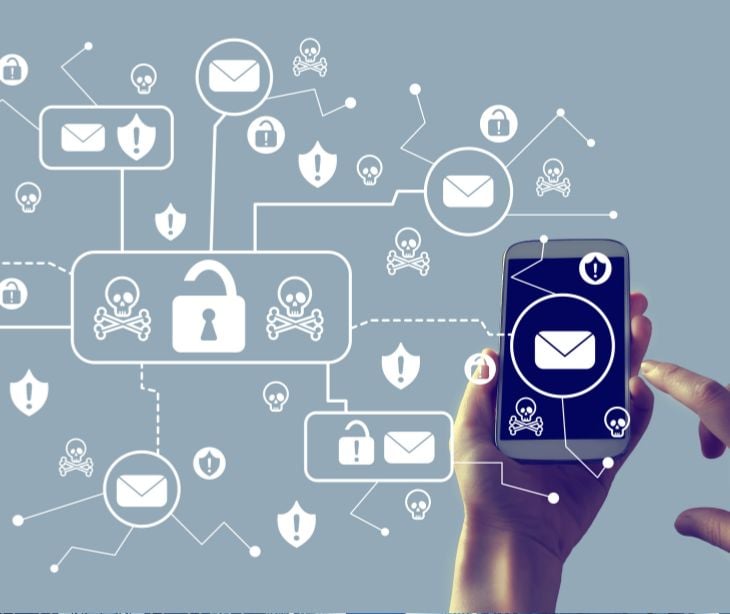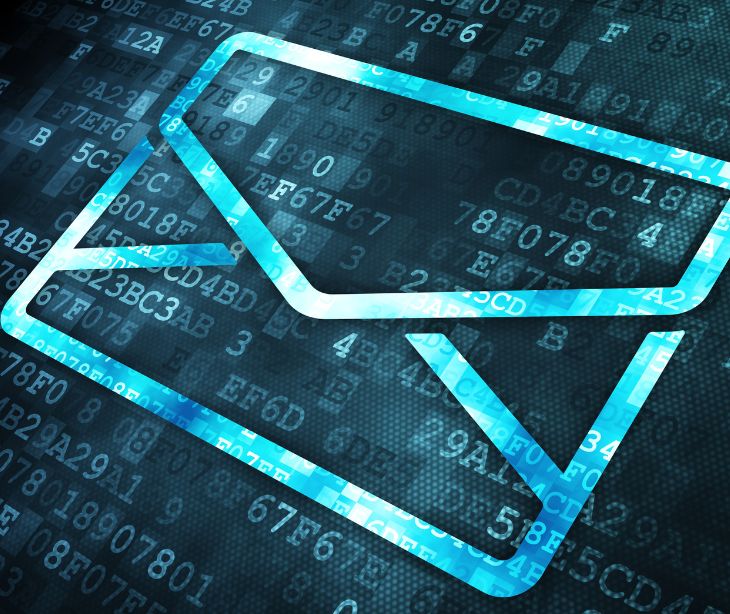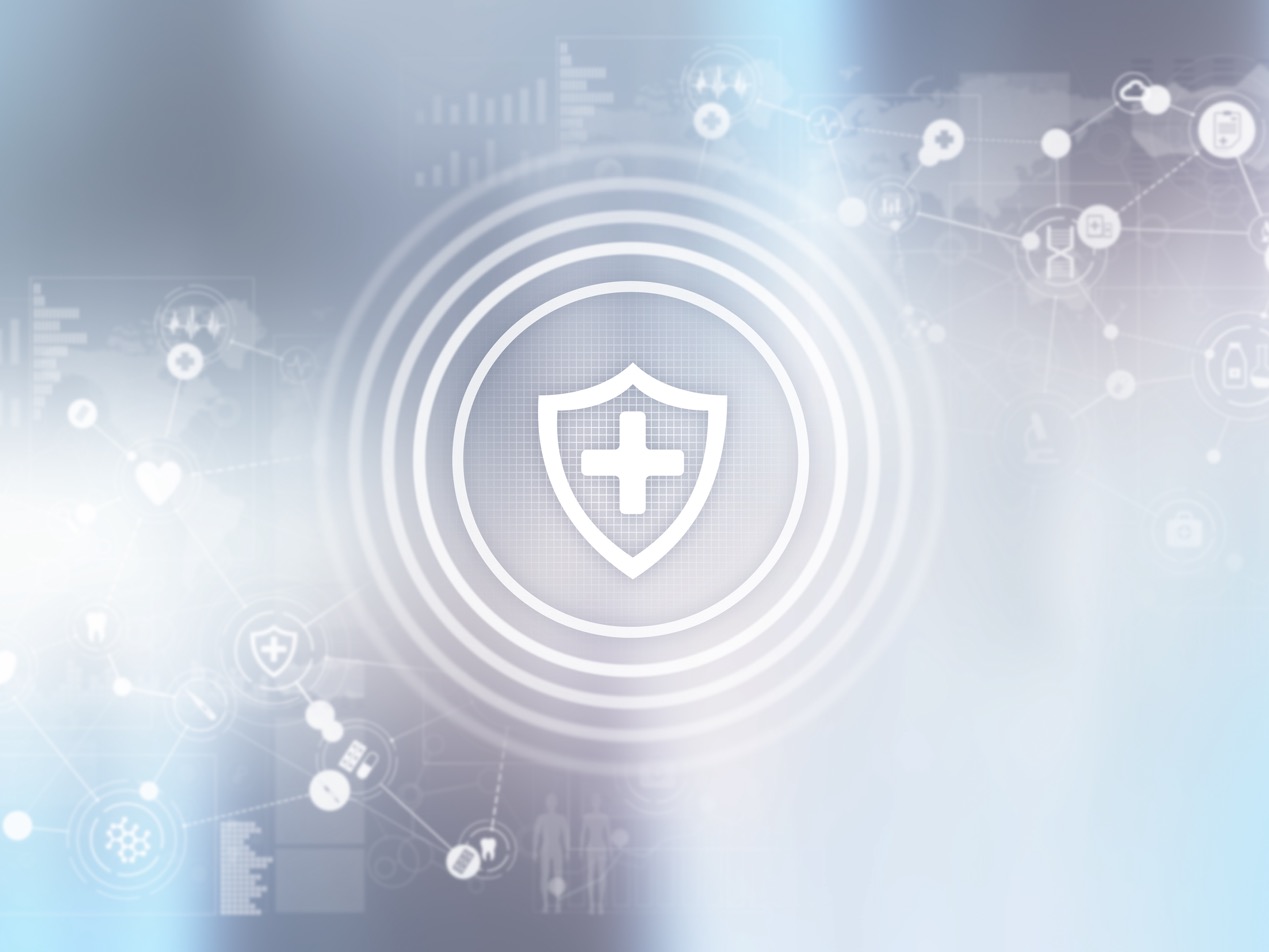
Under HIPAA, an email is secure enough for sending patient information when transmitted using encryption methods like Transport Layer Security (TLS) or Secure Sockets Layer (SSL) to protect data during transmission. Access controls should be in place to ensure that only authorized individuals can access the email and its contents. Additionally, healthcare providers must regularly assess their email security measures, conduct audits, and ensure compliance with HIPAA regulations to guarantee the confidentiality and integrity of patient information.
How HIPAA applies to email communication
HIPAA sets the rules to safeguard protected health information (PHI) in healthcare. Even though it doesn't directly mention email, these rules apply to email communication. Healthcare organizations must ensure that emails meet HIPAA standards for keeping patient information secure and private. This involves using HIPAA compliant email systems with encryption to protect patient data during transmission and controlling who can access the emails.
Risks associated with insecure email communication in healthcare
Inadequate email security exposes healthcare organizations to various risks, including data breaches and legal consequences. Breaches can result in the exposure of sensitive patient data, leading to identity theft and financial fraud. Moreover, providers risk reputational damage and loss of patient trust, which can impact the quality of care and patient outcomes. Recent incidents such as the two breaches experienced by the BHS Physician Network prove the urgency of addressing email security vulnerabilities to protect patient privacy and uphold regulatory compliance.
The role of encryption in safeguarding patient data in email communication
Encryption ensures that patient data remains secure during transmission by converting sensitive information into an unreadable format. It maintains data encryption throughout the entire communication process, preventing unauthorized interception or access. Encryption methods such as TLS and SSL establish secure communication channels, shielding patient information from potential threats.
Read more: What happens to your data when it is encrypted?
Assessing your email security for HIPAA compliance
- Evaluate current security measures: Review existing security measures implemented in the email system. Assess the effectiveness of spam filters, antivirus software, and firewalls in place.
- Conduct security audits: Perform regular security audits to assess the overall email security infrastructure. Review configurations, settings, and protocols to identify vulnerabilities.
- Review access controls: Verify access controls to ensure only authorized personnel can access patient data. Review user permissions and authentication mechanisms to prevent unauthorized access.
- Assess encryption protocols: Evaluate encryption protocols used for email transmission to ensure compliance with HIPAA regulations. Verify the implementation of encryption methods like TLS or SSL to protect patient data during transit.
- Regular security assessments and updates: Perform ongoing security assessments to monitor the effectiveness of email security measures. Stay updated on emerging threats and vulnerabilities and promptly apply necessary updates and patches.
FAQs
Can I use my personal email account to communicate with patients and colleagues in a healthcare setting?
Using personal email accounts for healthcare communication poses significant security risks and may violate HIPAA regulations. Use secure, HIPAA compliant email systems provided by the healthcare organization to ensure patient data remains protected.
Related: Can healthcare providers use personal devices for patient communication?
Are there specific guidelines for securely deleting emails containing patient information?
Healthcare organizations should have policies and procedures for securely deleting emails containing patient information. Ensure that emails are permanently deleted from all devices and servers using secure deletion methods to prevent unauthorized access to patient data.
Can I access my work email account from my personal devices?
You may access your work email account from personal devices, but ensure these devices are secure and compliant with HIPAA regulations. Implement security measures such as device encryption, passcode protection, and remote wipe capabilities to protect patient data.
Subscribe to Paubox Weekly
Every Friday we bring you the most important news from Paubox. Our aim is to make you smarter, faster.




